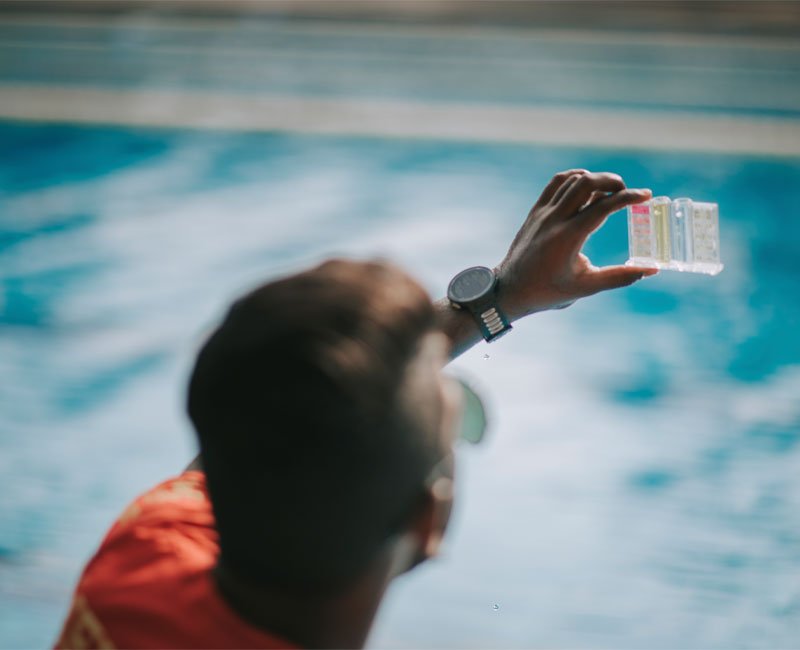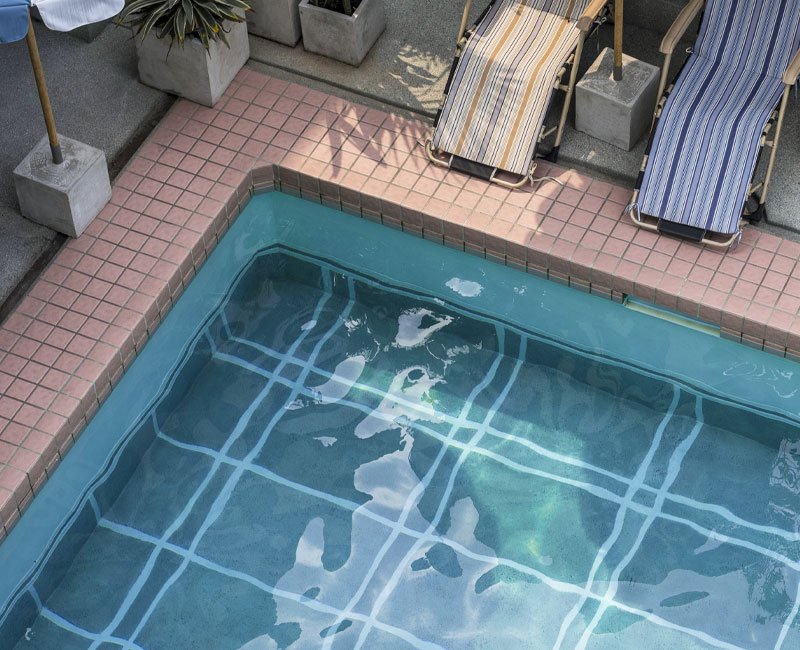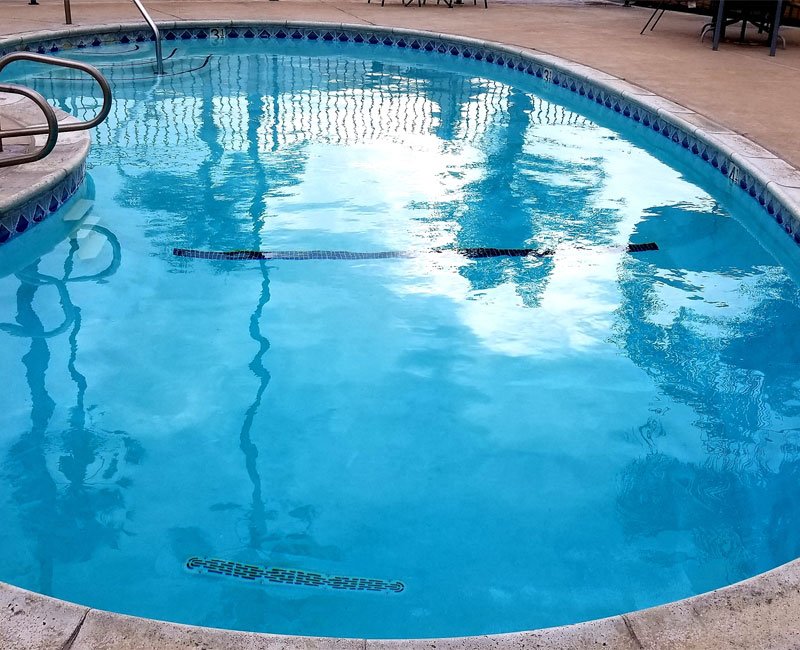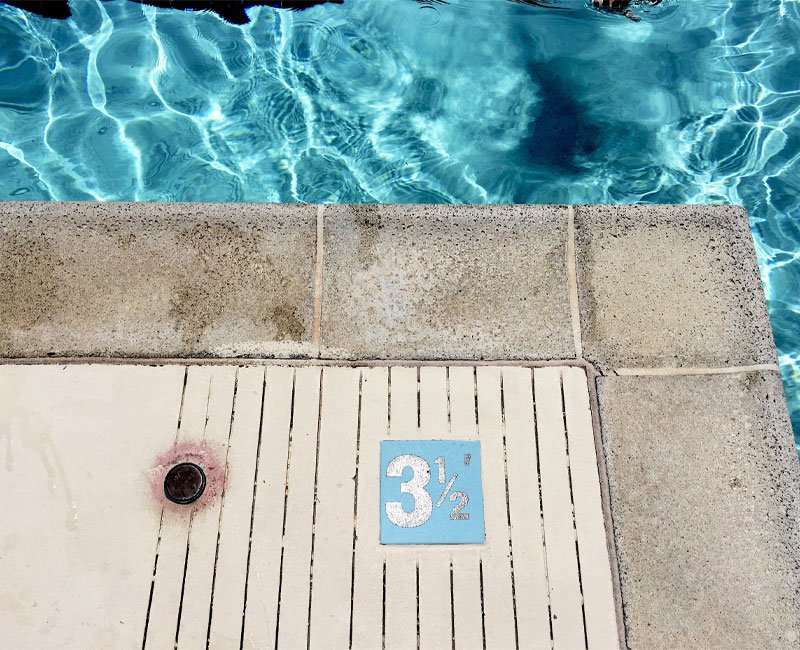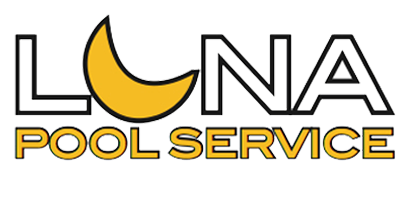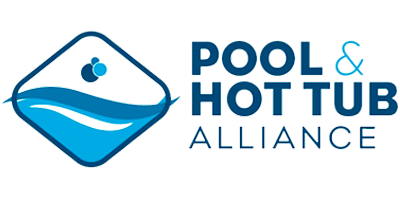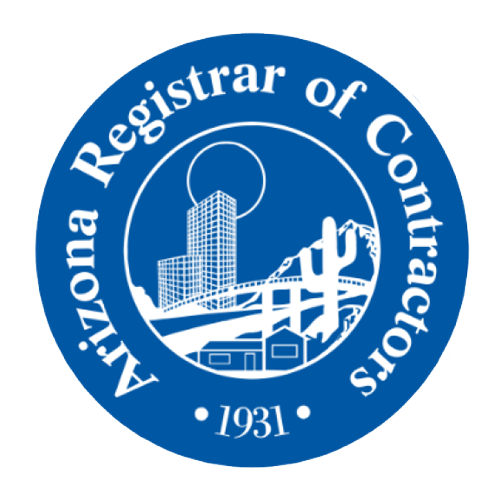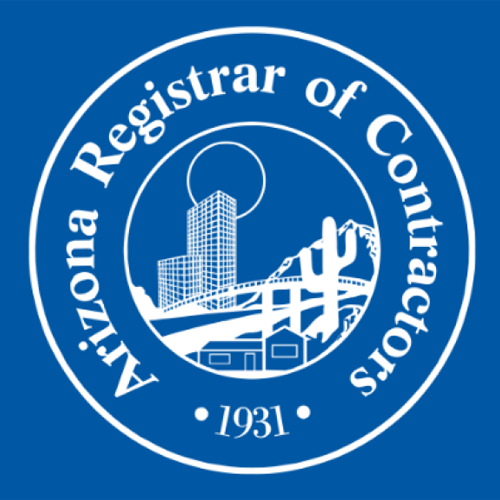Frequently Asked Questions
How to report a health and safety inspection to swimming pool?
Reporting a health and safety inspection for a swimming pool involves contacting your local health department or regulatory agency. Provide details about the inspection findings, including any safety violations or concerns, to ensure prompt action is taken.
What are the steps for pool safety inspection?
The steps for a pool safety inspection include assessing the pool's structure, checking safety features like barriers and alarms, evaluating water quality, and ensuring compliance with local regulations. This thorough process helps maintain a safe swimming environment.
How often should pool inspections be conducted?
Pool inspections should be conducted at least once a year to ensure safety and compliance. However, more frequent inspections are recommended if the pool is heavily used or if there are changes in regulations or pool equipment.
What does a pool equipment inspection include?
A pool equipment inspection includes a thorough evaluation of all components such as the pump, filter, heater, and plumbing for functionality, safety, and compliance with industry standards.
Who performs swimming pool safety inspections?
Swimming pool safety inspections are performed by qualified professionals, such as certified pool inspectors or licensed pool service technicians, who have the expertise to assess pool safety and compliance with local regulations.
What are common issues found in pool inspections?
Common issues found in pool inspections include inadequate water circulation, improper chemical balance, damaged pool surfaces, faulty equipment, and safety hazards such as missing or broken fencing. Addressing these issues ensures pool safety and compliance.
How to prepare for a pool inspection?
Preparing for a pool inspection involves ensuring your pool area is accessible and clean. Clear any debris, check that equipment is functioning properly, and make sure all safety features are in place to facilitate a thorough evaluation.
What certifications should pool inspectors have?
Pool inspectors should have relevant certifications such as the Certified Pool Operator (CPO) designation, which ensures they are knowledgeable about pool safety, maintenance, and compliance with local regulations.
What is the cost of a pool inspection?
The cost of a pool inspection varies based on factors such as location and pool size. Typically, you can expect a professional visual pool inspection from Luna Pool Service to range between $100 to $200.
How long does a pool inspection take?
The duration of a pool inspection typically ranges from 30 minutes to an hour, depending on the size and condition of the pool. Our experienced technicians ensure a thorough evaluation for your peace of mind.
What are the benefits of pool inspections?
The benefits of pool inspections include ensuring safety, identifying potential hazards, and maintaining compliance with local regulations. Regular inspections help prevent costly repairs and enhance the longevity of your pool, providing peace of mind for owners.
How to choose a pool inspection service?
Choosing a pool inspection service involves assessing their experience, qualifications, and customer reviews. Look for licensed professionals who offer detailed inspections and clear communication about the process to ensure your pool's safety and compliance.
What regulations govern pool safety inspections?
The regulations governing pool safety inspections include local and state health codes that establish safety standards for pool construction, maintenance, and operation. Compliance ensures safe swimming environments and protects public health.
What should I expect during a pool inspection?
During a pool inspection, you can expect a thorough evaluation of your pool's safety features, equipment functionality, and overall condition. Our experienced technicians will identify any potential issues and ensure compliance with safety standards.
How to address issues found in pool inspections?
Addressing issues found in pool inspections involves promptly consulting a qualified pool service professional to assess the problems and recommend necessary repairs or maintenance. Timely action ensures safety and compliance for your pool.
What is the importance of pool equipment inspection?
The importance of pool equipment inspection lies in ensuring safety, efficiency, and compliance. Regular inspections help identify potential issues, prevent costly repairs, and maintain optimal performance, ensuring a safe swimming environment for all users.
How can I ensure my pool is safe?
Ensuring your pool is safe involves regular inspections for structural integrity, proper chemical balance, and functional safety features. Scheduling a professional visual pool inspection with Luna Pool Service can help identify potential hazards and maintain a safe swimming environment.
What are the consequences of not inspecting pools?
The consequences of not inspecting pools include potential safety hazards, increased risk of accidents, and costly repairs due to undetected issues. Regular inspections help ensure compliance with safety standards and maintain the pool's overall condition.
How to report pool inspection results?
Reporting pool inspection results involves documenting the findings in a clear format and sharing them with the relevant parties, such as pool owners or regulatory authorities, typically through a detailed report or digital submission.
What tools are used in pool inspections?
The tools used in pool inspections include pressure gauges, water quality test kits, and visual inspection tools such as flashlights and cameras to assess the pool's condition and safety compliance effectively.
How to maintain pool safety after inspection?
Maintaining pool safety after inspection involves regularly checking water chemistry, ensuring proper fencing and barriers are intact, and promptly addressing any identified issues. Consistent maintenance and routine inspections help keep your pool safe for everyone.
What are the signs of a safe pool?
The signs of a safe pool include clear water, proper fencing, functional safety equipment, and regularly maintained pool surfaces. Additionally, a safe pool has visible depth markings and unobstructed access to emergency tools.
How to find qualified pool inspectors in Tucson?
Finding qualified pool inspectors in Tucson involves researching licensed professionals with experience in pool safety and compliance. Check online reviews, ask for referrals, and ensure they are certified to guarantee a thorough inspection.
What is included in a visual pool inspection?
A visual pool inspection includes a thorough assessment of the pool's structure, water quality, safety features, and equipment functionality. This ensures compliance with safety standards and identifies potential maintenance issues for optimal pool performance.
How to interpret pool inspection reports?
Interpreting pool inspection reports involves understanding the key findings, which typically include safety compliance, maintenance issues, and recommendations for repairs. Focus on the severity of any noted problems and prioritize actions based on their impact on pool safety.
What are the most common pool safety violations?
The most common pool safety violations include inadequate fencing, lack of safety covers, improper pool signage, and malfunctioning or absent pool alarms. These issues can significantly increase the risk of accidents and injuries.
How to schedule a pool inspection appointment?
Scheduling a pool inspection appointment is simple. You can contact Luna Pool Service directly via our website or call us to choose a convenient date and time for your inspection.
What questions to ask during a pool inspection?
The questions to ask during a pool inspection include inquiries about the pool's structural integrity, the condition of the equipment, safety features, and compliance with local regulations. Understanding these aspects ensures a safe and well-maintained pool.
How to ensure compliance with pool safety standards?
Ensuring compliance with pool safety standards involves regular inspections, adhering to local regulations, and maintaining proper safety equipment. Schedule professional visual pool inspections to identify potential hazards and ensure your pool remains safe for use.
What is the role of pool inspectors?
The role of pool inspectors is to assess the safety, compliance, and overall condition of swimming pools. They identify potential hazards, ensure proper maintenance, and provide recommendations to help pool owners maintain a safe swimming environment.
